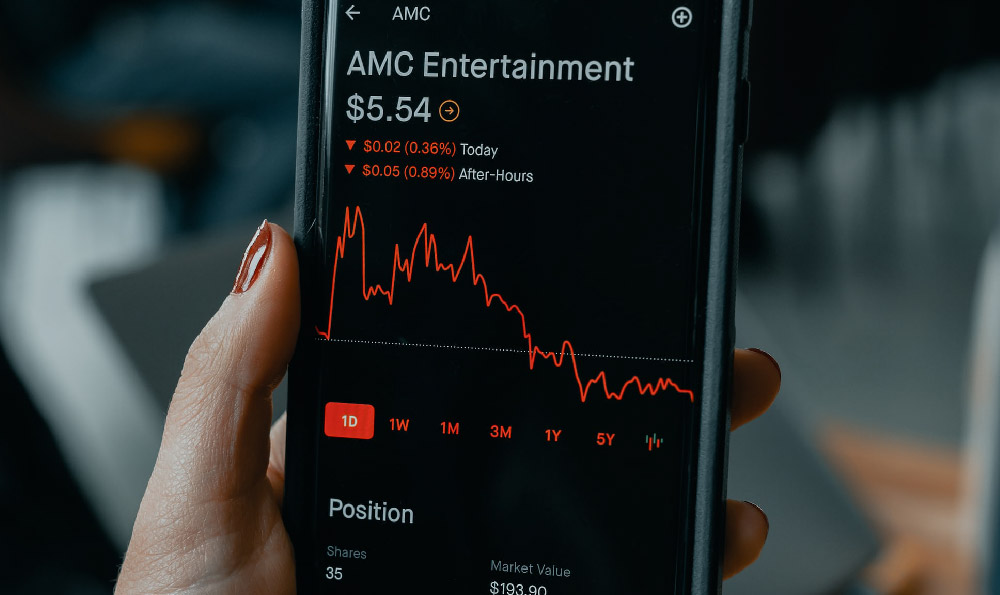Can Facebook Groups Generate Income? Monetization Strategies

Can Facebook Groups Generate Income? Monetization Strategies
In the ever-evolving landscape of digital marketing and online community building, Facebook groups have emerged as powerful tools for individuals and businesses seeking to explore alternative income streams. While these platforms are primarily designed to foster connection and engagement, their potential for monetization offers a unique avenue for those who understand the dynamics of user interaction, content value, and strategic partnerships. By leveraging the inherent characteristics of Facebook groups—such as their focus on niche communities, real-time feedback, and organic growth—users can transform their digital presence into a sustainable revenue-generating asset. However, success hinges on a combination of thoughtful planning, consistent effort, and an awareness of both opportunities and obstacles within this ecosystem.
At the core of Facebook group monetization lies the concept of value creation. Groups that prioritize providing actionable insights, exclusive resources, or personalized support often attract loyal members willing to pay for access. For example, a fitness group might generate revenue by offering premium workout plans, nutrition guides, or one-on-one coaching sessions, while a business development group could monetize through specialized templates, market research reports, or mentorship programs. The key is to strike a balance between offering tangible benefits and maintaining the integrity of the group’s purpose. Overly aggressive monetization tactics can alienate members, leading to a loss of trust and engagement.

Another avenue for income generation is through sponsored content and brand collaborations. Groups with a defined audience and strong engagement metrics become attractive to advertisers looking to target specific demographics. By partnering with brands that align with the group’s niche, members can benefit from curated product recommendations or exclusive discounts. For instance, a parenting group might collaborate with educational toy companies or baby product retailers, providing value to members while earning a fee for the sponsored posts. However, transparency is crucial—members must be informed about the nature of these partnerships to avoid perceptions of inauthenticity or exploitation. Brands often seek groups with clear guidelines and active moderation to ensure their content aligns with the group’s ethos.
Monetization through membership subscriptions is another strategic approach. By offering tiered access to premium content, exclusive events, or personalized interactions, group administrators can create a revenue model that rewards long-term engagement. For example, a group focused on financial literacy might introduce a subscription plan that grants members access to curated investment guides, live Q&A sessions with financial experts, or tailored advice based on their financial goals. This strategy requires a commitment to delivering consistent value, which can be challenging given the varying levels of user participation and the need to maintain content quality over time. Success in this model often depends on building a community with a demonstrated willingness to invest in its growth.
The integration of e-commerce within Facebook groups presents opportunities for monetization through product sales or affiliate marketing. Groups can serve as marketplaces for niche products, enabling members to access curated selections or promotions. For example, a group dedicated to handmade crafts might collaborate with artisans or suppliers, offering members the chance to purchase unique items at discounted prices. Alternatively, affiliate marketing can be used to promote products or services relevant to the group’s theme, earning commissions from sales generated through shared links. This strategy demands a deep understanding of the target audience’s needs and a careful selection of products that genuinely align with the group’s values.
Content creation and monetization within Facebook groups can take the form of digital products, such as templates, courses, or guides, which members are willing to pay for. For example, a group focused on digital marketing might offer downloadable templates for social media campaigns, SEO strategies, or email marketing workflows. These products can be sold as premium resources while maintaining the group’s educational purpose. Additionally, video tutorials, webinars, and podcasts hosted within groups can serve as platforms for monetization through sponsorships, donations, or paid subscriptions. However, this requires content that is both informative and engaging, often necessitating a significant investment of time and effort in planning and production.
Data monetization is another emerging strategy, where groups leverage their audience’s collective preferences and behaviors to generate revenue. By analyzing user engagement patterns, administrators can identify market trends or gaps, which can be sold to third parties as data insights. However, this approach involves navigating complex legal and ethical considerations, particularly around data privacy and compliance with Facebook’s advertising policies. Groups must also ensure that their data collection practices align with user expectations and the platform’s guidelines, which can be a delicate balancing act.
Finally, the potential for brand building within Facebook groups often translates into long-term income opportunities. By cultivating a loyal and engaged community, administrators can position themselves as thought leaders or influencers in their niche. This can open doors to consulting fees, speaking engagements, or partnerships with other brands. However, brand building requires patience, consistency, and a clear strategy for growing the group’s reputation and credibility over time. It is not a straightforward path to immediate profits but one that can lead to sustained success.
In conclusion, Facebook groups offer a diverse array of monetization opportunities, but their success depends on a combination of strategic planning, consistent value creation, and effective community management. Whether through advertising, sponsorships, subscription models, or e-commerce integration, the key is to prioritize the needs of the community while exploring revenue-generating potential. With the right approach, these groups can become valuable assets in an individual’s financial strategy, providing both income and long-term growth opportunities.















